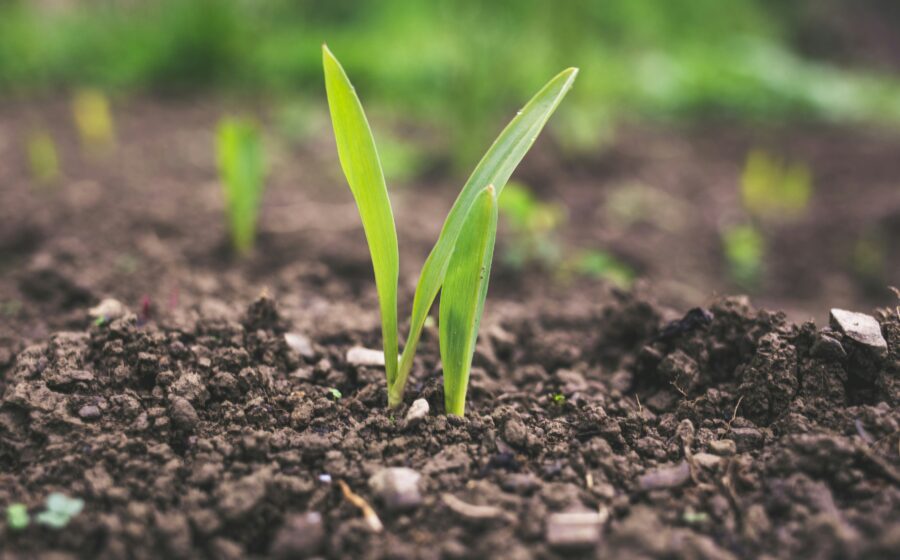✉️ This story was featured in this week’s Coffee News Club
👋 Get the Coffee News Club newsletter in your inbox weekly—sign up.
Investing in regenerative agriculture could boost smallholder farmer income and coffee exports while reducing carbon emissions, according to a new report released by the nonprofit organization TechnoServe.
In the report, “The Regenerative Coffee Investment Case,” TechnoServe found that investing $560 million per year in regenerative agriculture would increase farmer income by an average of 62%. It would also improve coffee exports by an average of 30% while reducing greenhouse gas emissions by 3.5 million tons annually. Regenerative agricultural practices include agroforestry, cover crops, and efficient water use.
The report drills down to provide country-level analysis of farms in Brazil, Vietnam, Colombia, Honduras, Indonesia, Uganda, Ethiopia, Peru, and Kenya, which produce 70% of the world’s coffee. In Kenya, for example, farmer income could rise as much as 196% by switching to regenerative agricultural practices, while Brazilian farms growing arabica coffee could see a 46% reduction in greenhouse gas emissions.
“These findings confirm what TechnoServe has observed over decades of working with coffee farmers: regenerative agriculture is not only good for nature, but essential for smallholder livelihoods and the future of the industry,” said Paul Stewart, global coffee director at TechnoServe, in a press release.
Investing in regenerative agriculture would involve providing technical assistance, financing, and direct support to farmers as they transition their farming practices (switching to regenerative practices could impact yields at first). The report writes that the $560 million needed annually should come from public and private funding and include “close collaboration between investors, industry, government and service providers.”
The report was supported by Nestlé and its subsidiary Nespresso, alongside JDE Peet’s and the nonprofit Rudy & Alice Ramsey Foundation. In the press release, representatives of the coffee giants noted their past support for regenerative farming and alluded to future investment, although none committed to a specific amount.
“Over the past 10 years, we’ve championed regenerative agriculture through our Common Grounds sustainability program, working directly with coffee farmers across the globe,” said Nadia Hoarau-Mwaura, global responsible sourcing director at JDE Peet’s. “This detailed study offers a clear, practical path to implementing regenerative agriculture at scale—one that requires industry-wide collaboration.”















